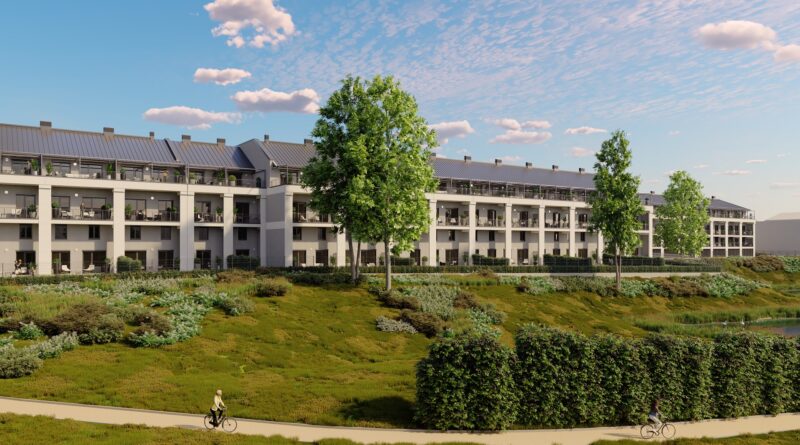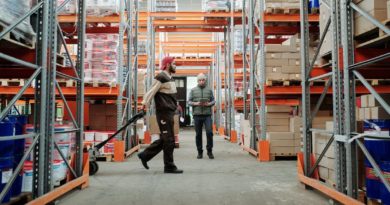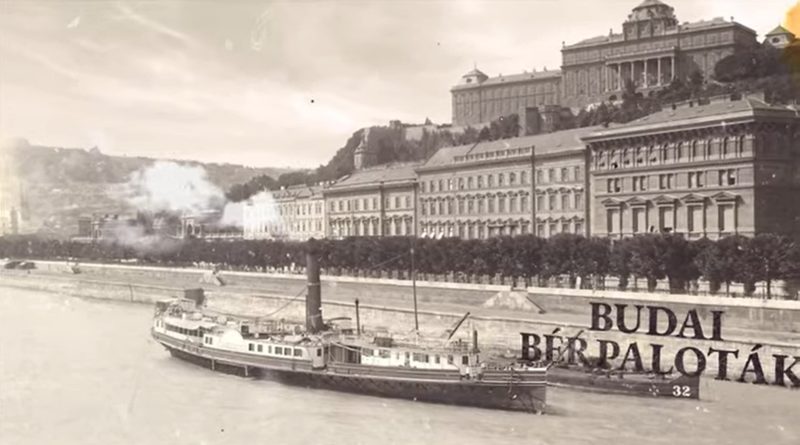Modest activity in the Hungarian industrial market during H1 2010
Two-thirds of the leading players in Europe’s industrial and logistics property sector identified Western Europe as the most attractive region for logistics investment over the next three years, according to a new survey by CB Richard Ellis (CBRE).
The findings emerged at CBRE’s recent European Industrial and Logistics conference ‘Unlocking the Power of Three’, which was attended by more than 80 investors, developers and occupiers in the sector.
Richard Holberton, Director of EMEA Research, CBRE, said: “In what is still an uncertain economic environment, Western Europe provides the most established, mature and transparent market for investors, developers and occupiers of industrial and logistics property. Having said that, a good proportion of our survey respondents expressed an interest in the CEE region, which is consistent with our belief that structural changes in consumer markets will make this region a focus in the longer-term.”
Clearly, as economies have contracted over the past year, occupational demand has weakened. The survey identified that 55% of respondents believed the biggest constraint on activity in the industrial sector at the moment is a weak occupier market. The results also indicated that when demand improves, it will be increasingly focused on flexible and sustainable space: over half of respondents felt that flexibility was currently the most important incentive for landlords to offer tenants, reflecting the need for occupiers to revisit their business strategies more often in the current market. Economic contraction has also affected development activity, but developers and investors generally expect to develop more space over the next three years, as compared to the last three. Overall, 48% of survey respondents expect speculative development in the industrial and logistics sector to resume in 2012.
“Overall demand has weakened over the past two years in response to economic contraction across most of Europe, and as a result there has been little stimulus to deliver new stock to the market. This will gradually change as demand recovers but, more immediately, the mismatch between the poor quality of much of the vacant space and occupiers’ increasing preference for good highly-flexible space, is creating development opportunities. Those occupiers who are seeking large high-quality units face a limited choice, and their demands can often only be satisfied through new build-to-suit solutions,” commented Holberton.
European investors continue to see a strong rationale for holding logistics assets in their portfolios, due to the sector’s defensive characteristics, a view supported by our survey, with nearly 40% of respondents stating that stability of returns is their main motivation for holding logistics space in their portfolios, and 27% favouring the sector for diversification. The logistics sector’s higher income and yield characteristics, relative to other assets classes are also a key feature.
Gergely Baka, Senior Property Advisor, CBRE added: The Hungarian industrial market was characterized by weak demand and limited development activity during the first half of 2010. Vacancy rate stands at 19% but unlike in Western Europe, most of this space consists of high quality, modern warehouses which will be quickly let once demand picks up. Though we do not expect a significant increase in terms of take up until 2012 either.
































